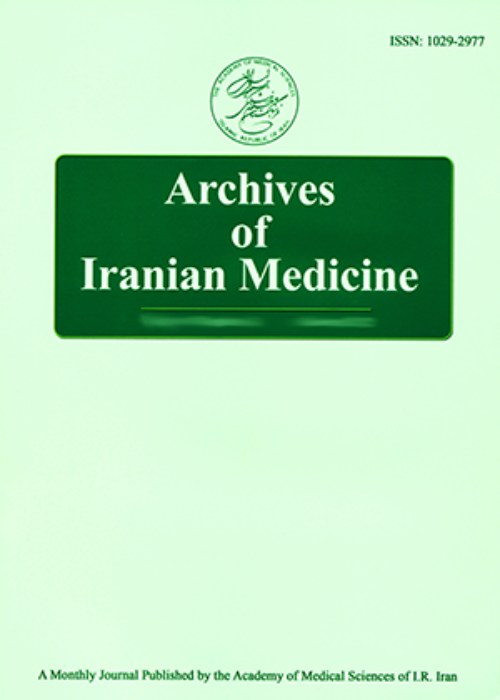Explanatory Model of Help-Seeking and Coping Mechanisms among Depressed Women in Three Ethnic Groups of Fars, Kurdish, and Turkish in Iran
Author(s):
Abstract:
Background
As one of the most prevalent diseases globally and as an important cause of disability, depressive disorders are responsible for as many as one in every five visits to primary care doctors. Cultural variations in clinical presentation, sometimes make it difficult to recognize the disorder resulting in patients not being diagnosed and not receiving appropriate treatment. To address this issue, we conducted a qualitative pilot study on three ethnic groups including Fars, Kurdish, and Turkish in Iran to test the use of qualitative methods in exploring the explanatory models of help-seeking and coping with depression (without psychotic feature) among Iranian women.Methods
A qualitative study design was used based on an explanatory model of illness framework. Individual interviews were conducted with key informant (n=6), and depressed female patients (n=6). A hypothetical case vignette was also used in focus group discussions and individual interviews with lay people (three focus groups including 25 participants and six individual interviews; n=31).Results
There were a few differences regarding help-seeking and coping mechanisms among the three ethnic groups studied. The most striking differences were in the area of treatment. Non-psychotic depressive disorder in all ethnicities was related to an external stressor, and symptoms of illness were viewed as a response to an event in the social world. Coping mechanisms involved two strategies: (1) solving problems by seeking social support from family and neighbors, religious practice, and engaging in pleasurable activities, and (2) seeking medical support from psychologists and family counselors. The Fars group was far more likely to recommend professional treatment and visiting psychiatrists whereas the other two ethnic groups (i.e., Turks and Kurds) preferred to consult family counselors, psychologists or other alternative care providers, and traditional healers.Conclusion
The study has educational and clinical implications. Cultural reframing of the patient’s and family’s perceptions about mental illness and depression may require community education. Family counseling, family therapy, and also religious practices can be used to empower the patient.Language:
English
Published:
Archives of Iranian Medicine, Volume:11 Issue: 4, Jul 2008
Page:
397
magiran.com/p593052
دانلود و مطالعه متن این مقاله با یکی از روشهای زیر امکان پذیر است:
اشتراک شخصی
با عضویت و پرداخت آنلاین حق اشتراک یکساله به مبلغ 1,390,000ريال میتوانید 70 عنوان مطلب دانلود کنید!
اشتراک سازمانی
به کتابخانه دانشگاه یا محل کار خود پیشنهاد کنید تا اشتراک سازمانی این پایگاه را برای دسترسی نامحدود همه کاربران به متن مطالب تهیه نمایند!
توجه!
- حق عضویت دریافتی صرف حمایت از نشریات عضو و نگهداری، تکمیل و توسعه مگیران میشود.
- پرداخت حق اشتراک و دانلود مقالات اجازه بازنشر آن در سایر رسانههای چاپی و دیجیتال را به کاربر نمیدهد.
In order to view content subscription is required
Personal subscription
Subscribe magiran.com for 70 € euros via PayPal and download 70 articles during a year.
Organization subscription
Please contact us to subscribe your university or library for unlimited access!


